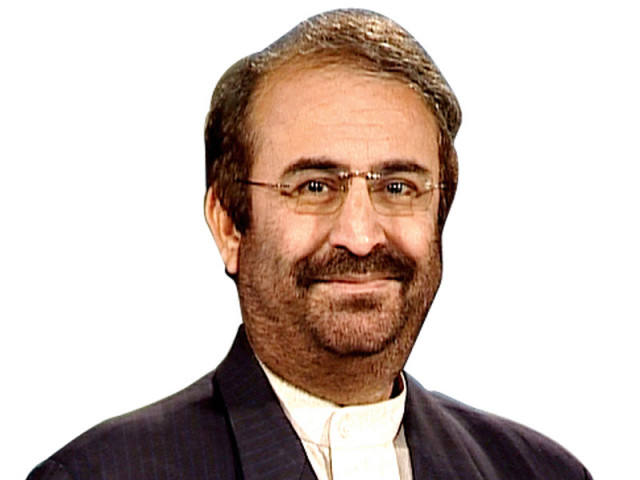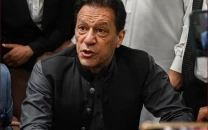Neighborhood watch: Internal rifts put talks on the back burner
Afghan Taliban under Mullah Mansoor need time to win over opponents

Afghan Taliban under Mullah Mansoor need time to win over opponents .
Nevertheless, Taliban leaders have not completely rejected the political option even as armed resistance continues simultaneously.
In a series of interviews, Taliban leaders have argued the new leadership under Mullah Akhtar Mansoor will need some time to persuade the field commanders and fighters about the logic behind the peace talks.
The resignation of Sayed Tayyeb Agha – the group’s top negotiator based in Qatar – has put an end to the longstanding cold war with Mansoor and could pave the way for a better understanding on the peace process.
Sher Abbas Stanekzai, the new head of the Qatar office, along with a majority of negotiators, has declared allegiance to Mansoor. Agha had earlier refused to join the peace talks.
Abdul Hayee Motmaen, a senior adviser of the Taliban political committee and former spokesman of Mullah Omar, does not reject the peace talks but rules out the possibility of an immediate revival of the Murree peace process.
When asked whether the Pakistan-brokered talks have been concluded, he did not reply directly but said the Taliban believe reaching an “understanding”.
“These options have not been closed,” Motmaen told The Express Tribune. “However, there is strong possibility there may not be any visible movement for a few months in the wake of the current situation.” This was the first on-the-record comment by a senior member of the Taliban movement led by Mullah Akhtar Mansoor.
“However, a vast majority of our leaders are of the view that the political option should not harm the ongoing jihad,” he said. “The political option should not damage the achievements and sacrifices of the mujahideen.”
The violence continues
As confirmation of Mullah Omar’s death overshadowed the much-publicised peace talks, detractors and opponents of the negotiations are vying to derail the process.
The deadly truck bomb attack in Kabul early Friday sparked anger among Afghans. Such attacks will not be helpful in keeping the fragile peace process adrift. No group has so far claimed responsibility for the attack that killed at least 10 and wounded hundreds in the heart of Kabul.
Hope in Pakistan
However, Pakistan remains optimistic that the peace process will be back on track even though internal rifts over the way forward remain. Minister for Defence Khawaja Asif told Parliament on Friday that Pakistan is making efforts for the success of the Afghan reconciliation process.
Asif also denied that Pakistan controls the Afghan Taliban as some Afghan leaders insist.
Internal reconciliation
As reconciliation efforts are under way among Taliban leaders to present a united front, the fact is the Taliban movement has never seen cracks since Mullah Omar launched the group in the early 1990s.
Motmaen’s remarks indicate the Taliban’s main focus is on removing differences and working on organisational matters.
Some senior Taliban leaders and family members of Mullah Omar refused to accept Mansoor’s election and some religious scholars are now engaged in mediation to reconcile the dissidents.
Dr Aminul Haq, a former Taliban government official, told The Express Tribune a renowned religious leader, Maulvi Ahmad, is leading a six-member delegation of ulemas to remove internal differences by talking to both sides. Ahmad, the brother of Mullah Ahmad Rabbani, the former deputy to Mullah Omar, is respected among the Taliban and Haq believes his efforts could yield useful results.
Mansoor’s associates are primarily interested in winning the support of Mullah Omar’s family owing to their influence among the Taliban cadres.
Taliban dissidents, who have formed their own parallel ‘shura’ or council, are campaigning for Mullah Omar’s son Mullah Yaqoob to lead the movement. However, Mansoor’s supporters accuse the dissidents of exploiting the name of Omar’s family as they do not enjoy the support of the powerful leadership council’s majority.
Published in The Express Tribune, August 8th, 2015.



















COMMENTS
Comments are moderated and generally will be posted if they are on-topic and not abusive.
For more information, please see our Comments FAQ